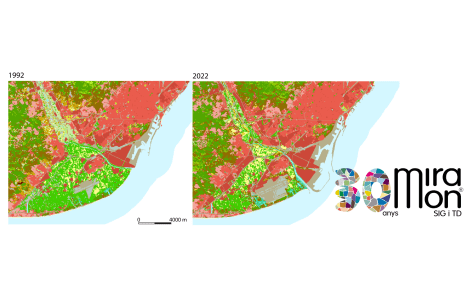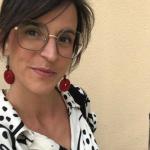Dr. Pilar Andrés wins a Marie Curie IOF grant to study soil ecology

The researcher Pilar Andrés will depart for two years to the USA, to Colorado to study the soil ecology of the Great Plains. Specifically, the project that she presented aims to improve the models that explain the decomposition of organic matter in the soil and contribute to the improvement of models of the carbon and nitrogen cycles.
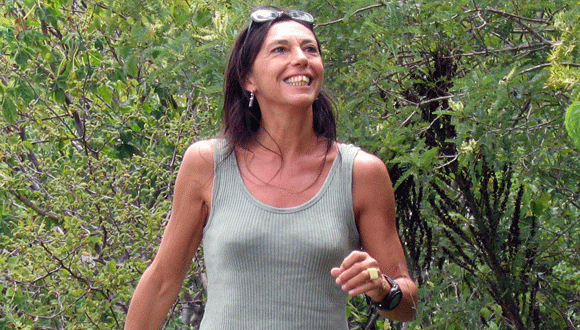
The researcher at the CREAF, Dr. Pilar Andrés, has recently won an international scholarship called the Marie Curie International Outgoing Fellowships (IOF) to leave for the USA for two years to conduct research at Colorado State University, and also to return to the CREAF the third year to apply the knowledge acquired during her stay.
The project was presented to the European Commission and aims to improve the prediction models of global terrestrial biogeochemical cycles (particularly the cycles of C and N), contributing new knowledge to specific models that explain the decomposition of organic matter in the soil. The study aims to generate and incorporate a large amount of data on the biological factors that lead to the mineralization of organic matter in the soil: to investigate, for example, the fauna that inhabits the soil, the trophic webs that they create and its effect on the sequestration of C in the soil.
The study of soil ecology has been recognized as one of the most complex research frontiers in ecology.
The generated model will be tested at the LTER research station of the Great Plains of the USA in Ford Collins and will be applied for the calculation of the effects that different methods of management of these fields can have on the storage of carbon in the soil and in its concentration in the atmosphere.
The first phase of the project will take place in Colorado, under the direction of worldwide reknown scientists. The expected scientific results will contribute to the improvement of the predictive ability of models of global biogeochemical cycles and provide useful tools for the prediction of the effects of global change on terrestrial ecosystems.
Notícies relacionades
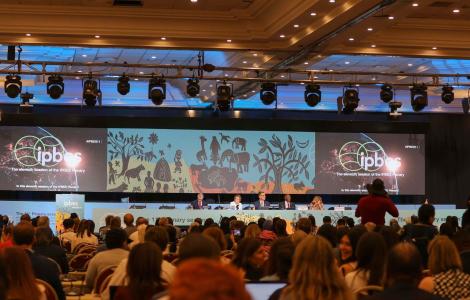
L’IPBES publica dos informes per transformar la manera com ens relacionem amb la natura, conservar-la i sobreviure
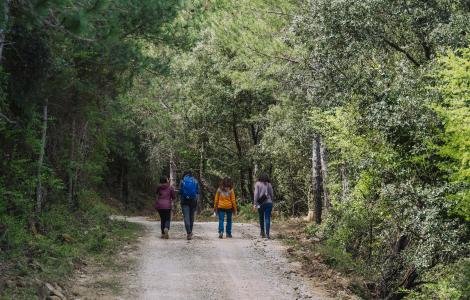
L’impacte social de la recerca es consolida a la cultura científica del CREAF
